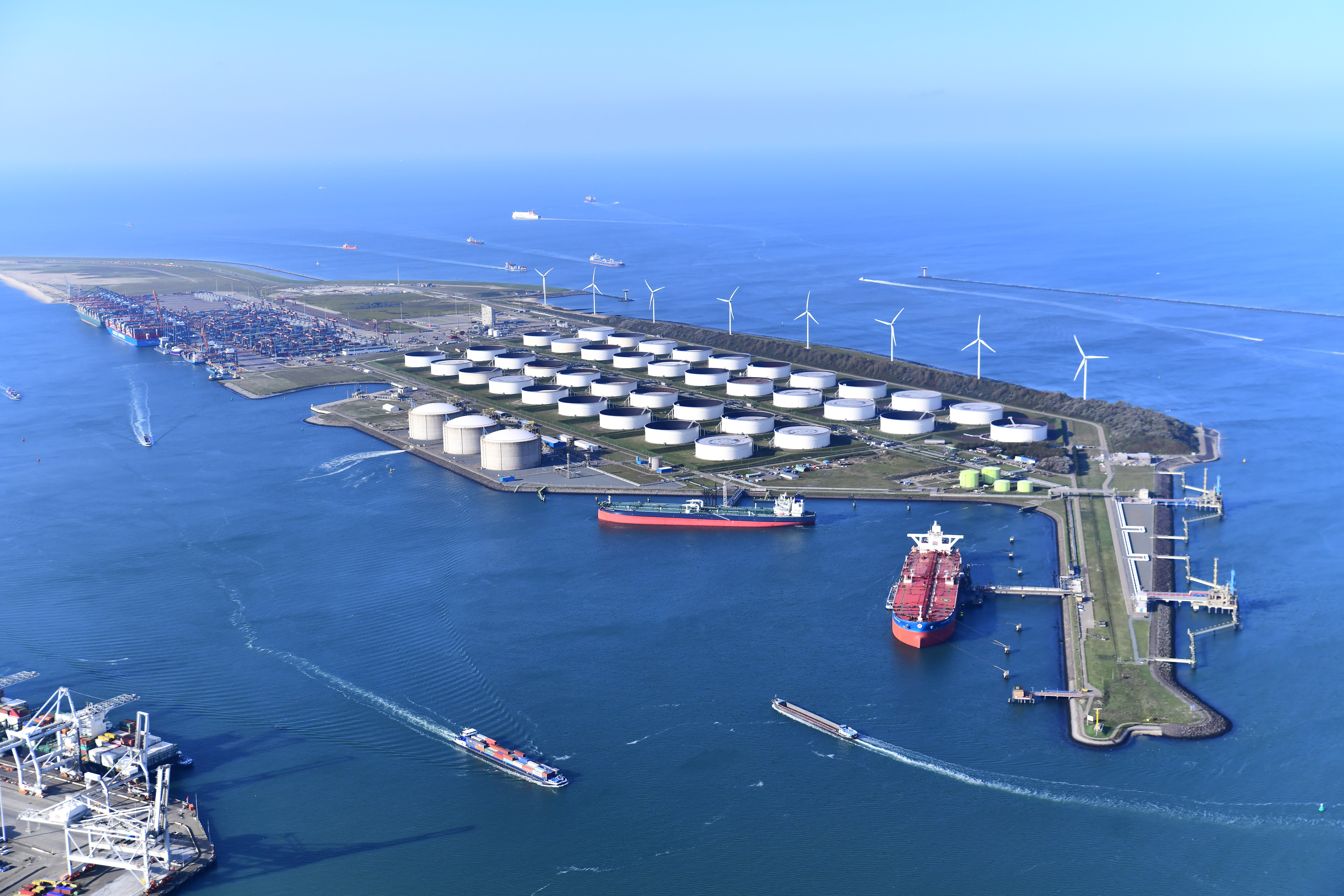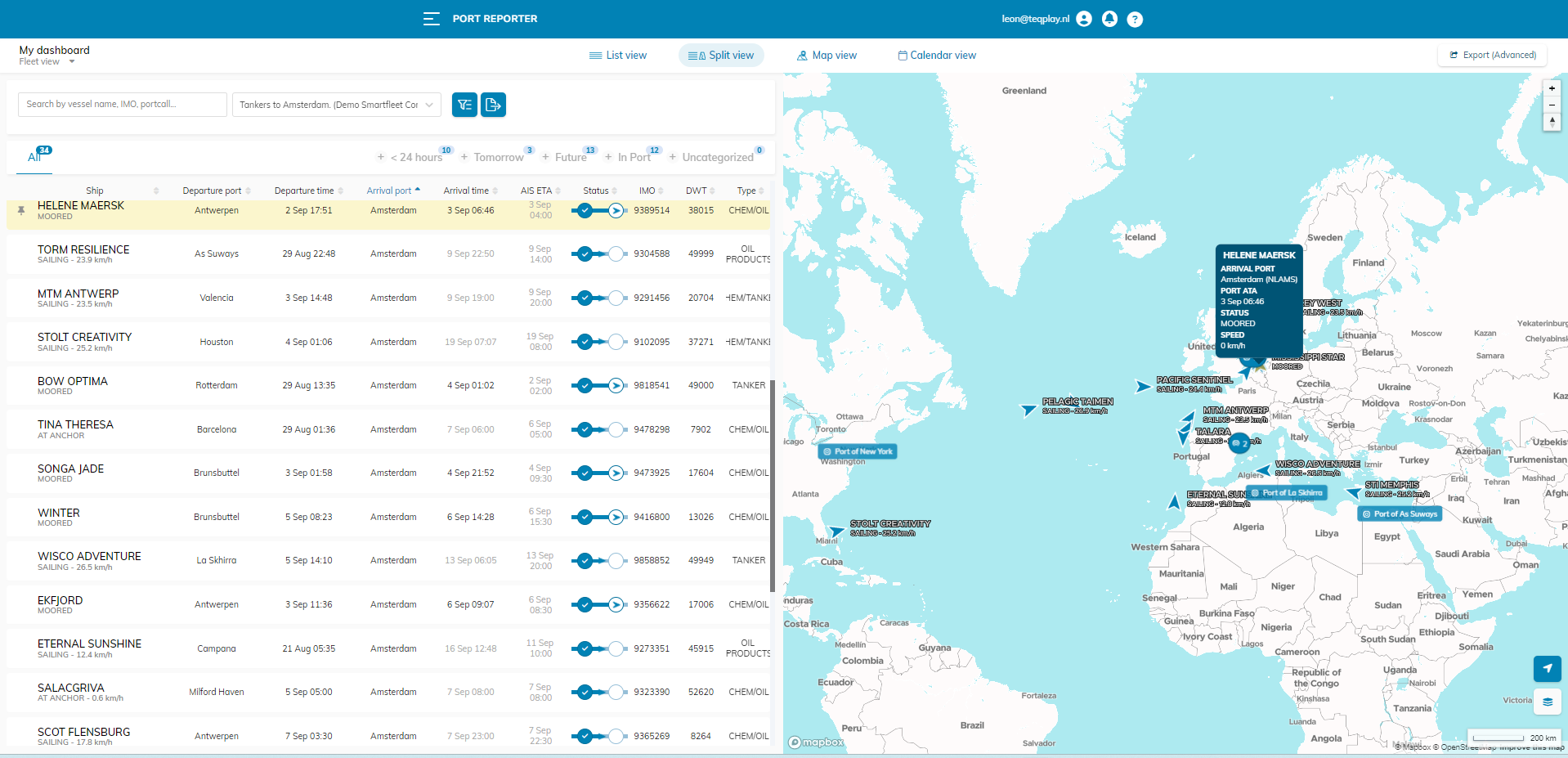The Challenges of Change Management in a Predigitized World
Change management is universally acknowledged as one of the most challenging aspects any company faces, especially when attempting to shift from a deeply entrenched predigitized paradigm. This struggle is especially pronounced in industries like maritime, where manual processes and long-standing habits dominate the workflow. Let’s delve into the intricacies of this transformation and understand the importance and challenges of change management.
Change management is universally acknowledged as one of the most challenging aspects any company faces, especially when attempting to shift from a deeply entrenched predigitized paradigm. This struggle is especially pronounced in industries like maritime, where manual processes and long-standing habits dominate the workflow. Let’s delve into the intricacies of this transformation and understand the importance and challenges of change management.
The Challenges of Change Management in a Predigitized World
Industries that have been operating manually for decades, like maritime, rely heavily on processes that are small-scale and often individualized. Employees are accustomed to keying in data, sending emails, and managing spreadsheets. These methods, while not the most efficient, are deeply embedded in the organizational culture and workflow.
Consider a typical maritime operation: the sheer volume of knowledge that resides in the heads of veteran employees is immense. These individuals, many with over twenty-five years of experience, have developed a keen sense of their work. They know the ins and outs of the processes they manage and have honed their instincts over years of hands-on experience.
The Digital Disruption: Introducing Data and Technology
Introducing digitization into this environment means adding more information and data to the mix. On the surface, this seems beneficial as it allows for more informed decision-making and streamlined processes. However, the transition from a manual to a digital paradigm is far from straightforward. It requires employees to shift their trust from their own experience and intuition to the data and insights provided by new technologies.
This shift is monumental. It involves moving out of one’s comfort zone and placing trust in digital systems. For many, this means relinquishing control over processes they have mastered and instead relying on algorithms and automated systems.
The Human Element: Resistance and Reluctance
Human resistance to change is a significant barrier. Employees often step back when new technology appears not to work perfectly, citing errors and inaccuracies as proof that the old ways were better. This skepticism is understandable; after all, even the best technology can have off days or miscalculations.
Moreover, the reluctance isn’t merely about technological inaccuracies. It’s about a deeper psychological resistance to abandoning a familiar way of working. When predictions or recommendations from new systems go wrong, it can reaffirm their doubts and push them back to the old methods.
The Nuances of Change Management
Effective change management must address these human elements. It’s not just about implementing new technologies but also about guiding people through the transition. This includes:
1. Communication: Clearly explaining why the change is necessary and how it benefits the organization and the operators.
2. Integration: Ensure the changes could be smoothly integrated into operations.
3. Feedback Loop: Establishing the right KPIs and performance benchmarking to ensure continuous improvement.
No Change Without Proper Change Management
Change management isn’t just about new procedures or technologies; it’s about managing people’s responses to these changes. Successful change requires a strategy that encompasses the technical, emotional, and psychological aspects of transformation.
As Léon aptly pointed out, the complexity lies in the myriad steps between the current state and the desired future state. Each step requires careful consideration and planning. Without a robust change management strategy, even the most promising technological advancements can fail to take root.
In short, while digitization offers significant improvements in efficiency and decision-making, the journey from a predigitized paradigm to a digital one is fraught with challenges. By prioritizing proper change management, organizations can navigate these turbulent waters and achieve successful, lasting transformation.
Watch more insightful discussions with maritime experts here.



